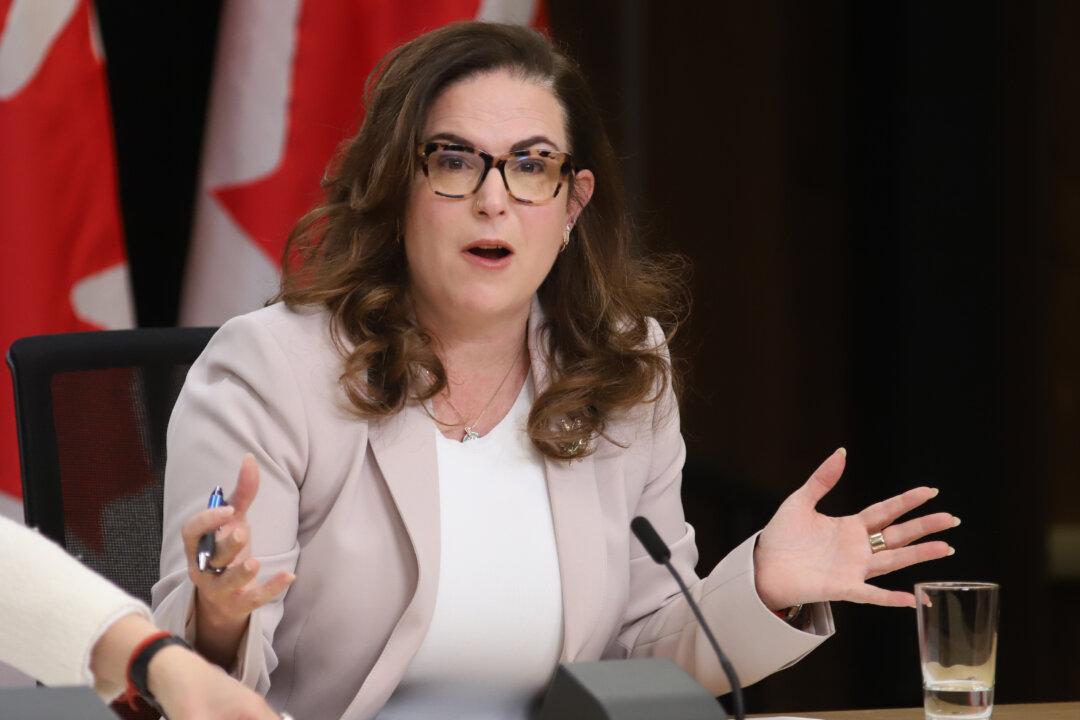Addictions Minister Ya’ara Saks says the federal government is still reviewing an appeal from British Columbia to scale back its pilot project decriminalizing illicit drug use in the province.
“We are reviewing the request for the exemption they put forward to us,” Ms. Saks told reporters on April 29.





